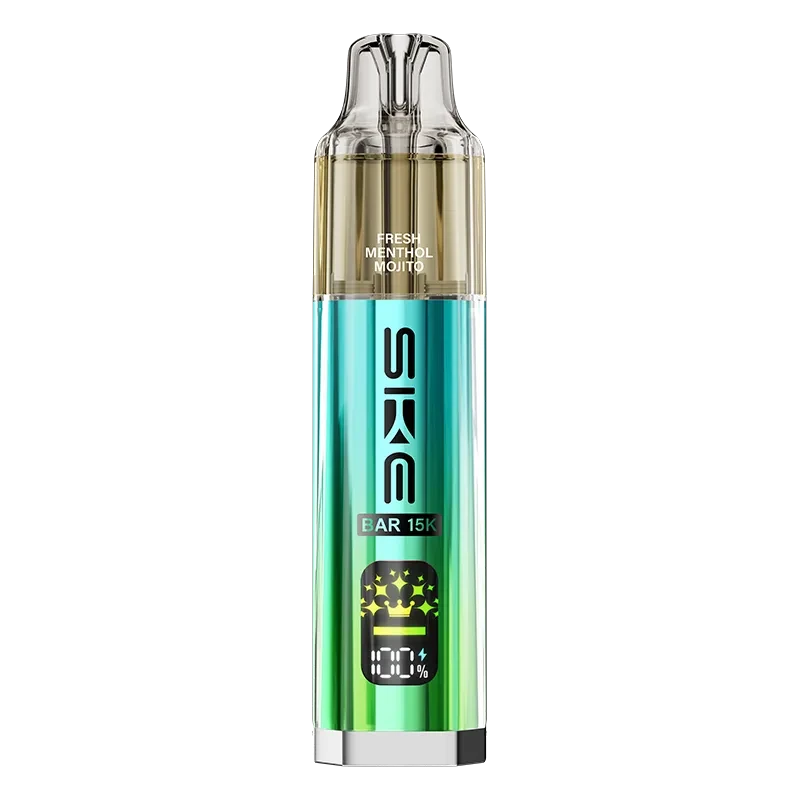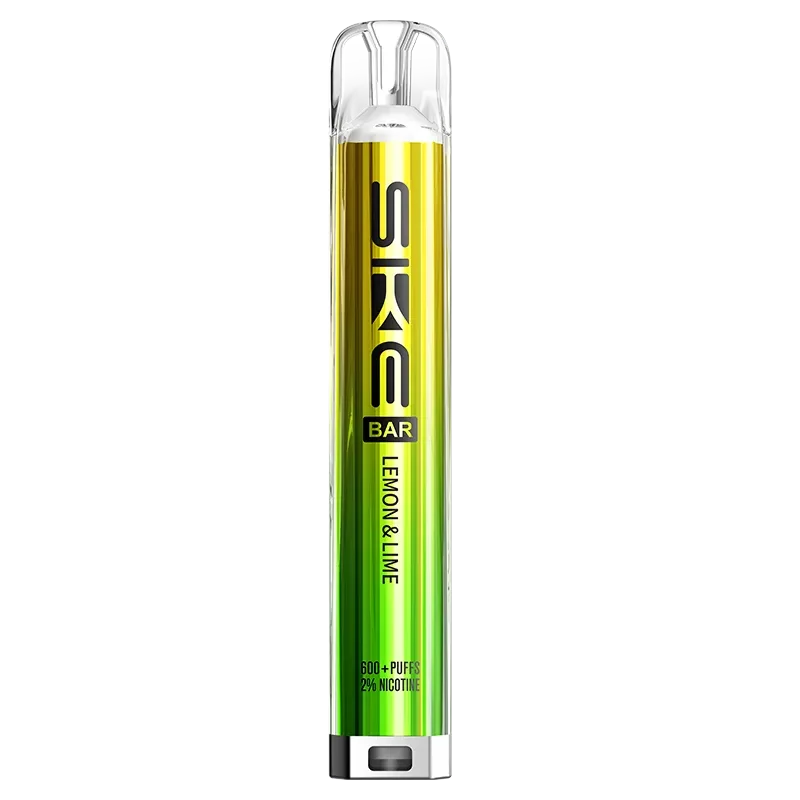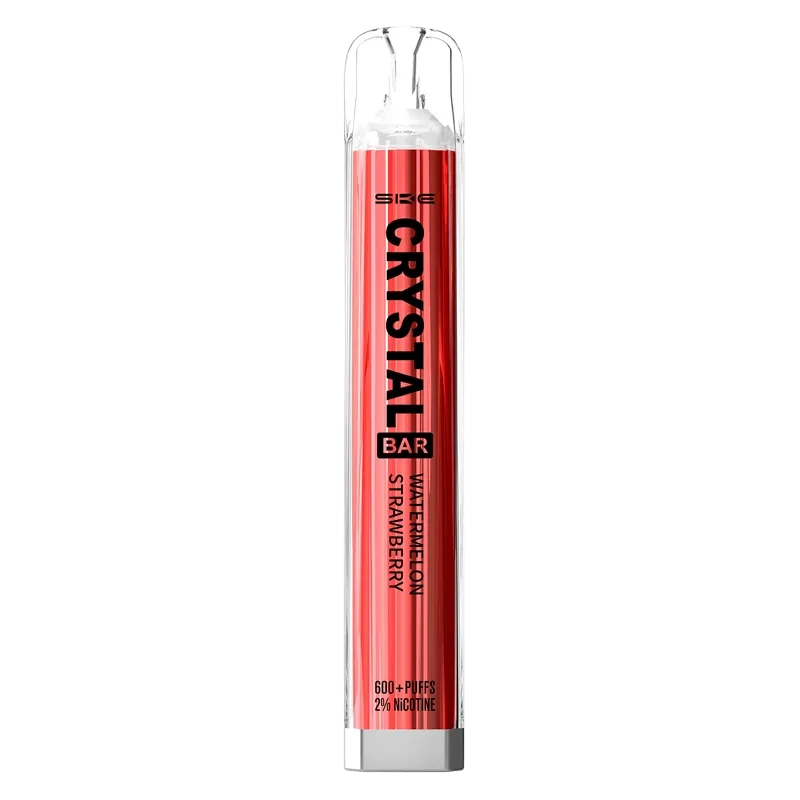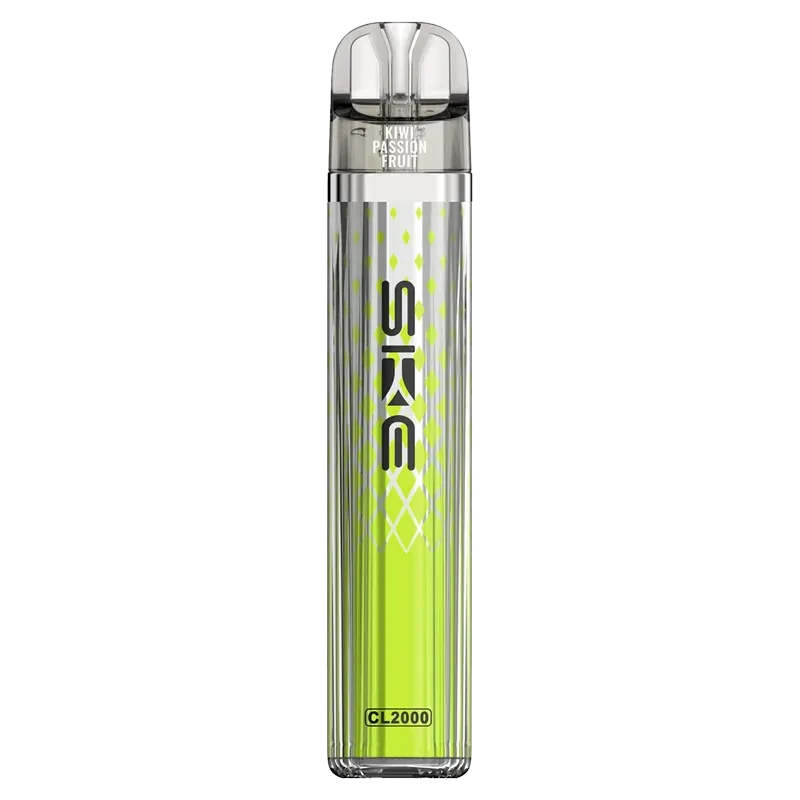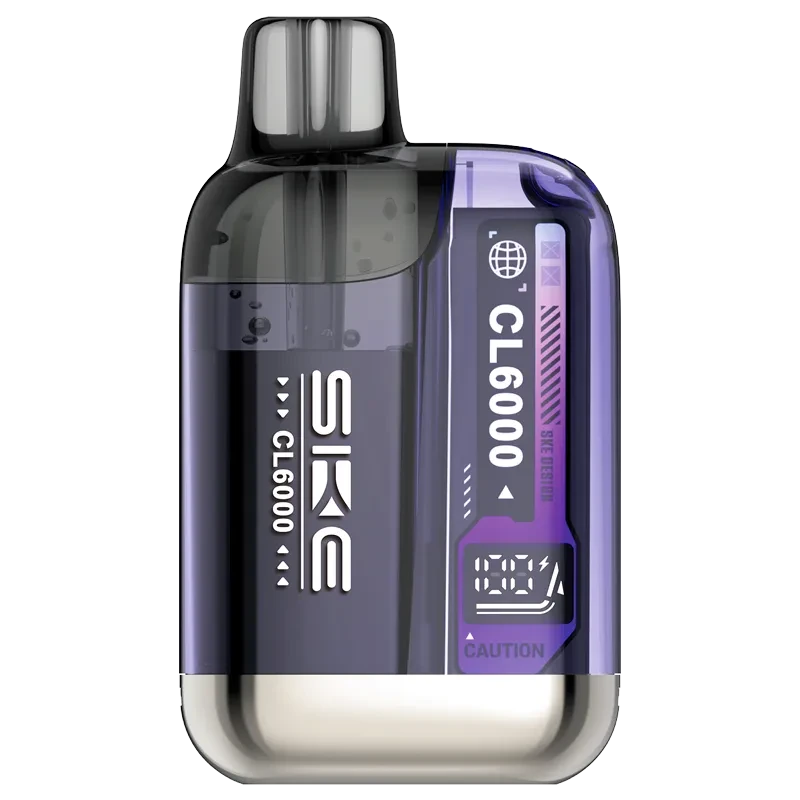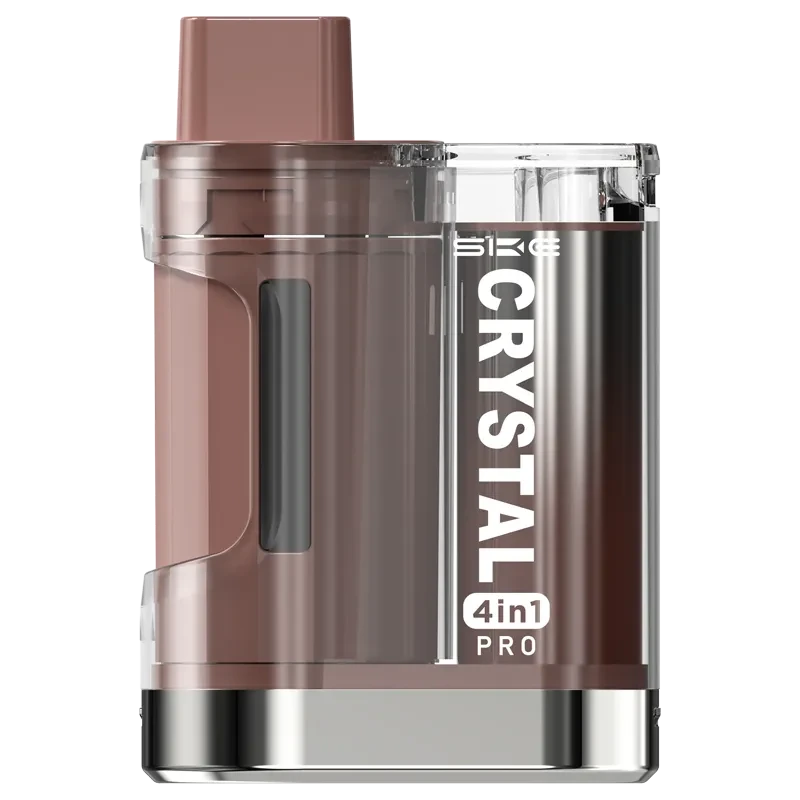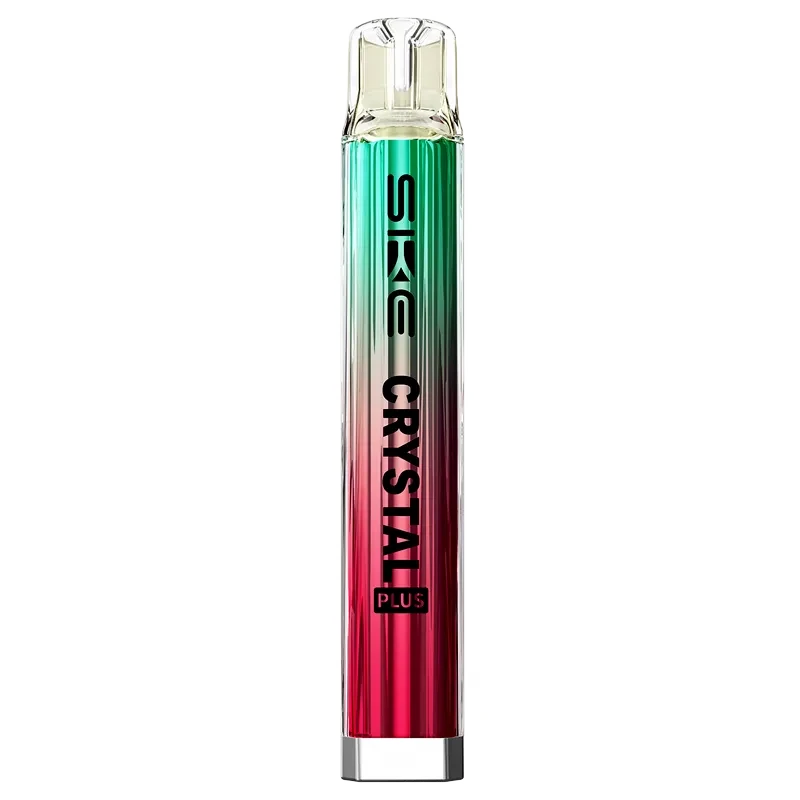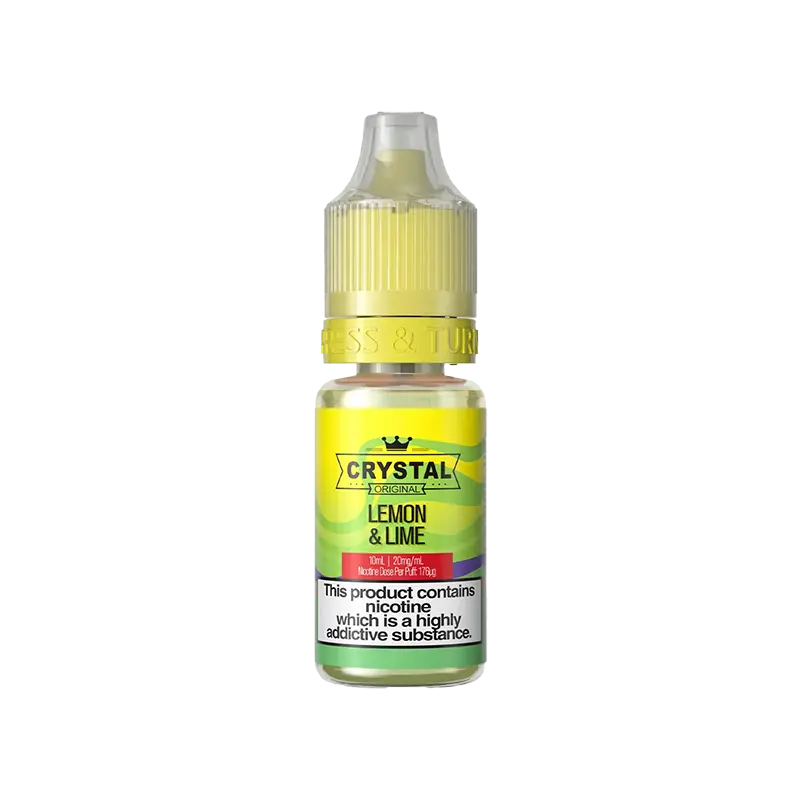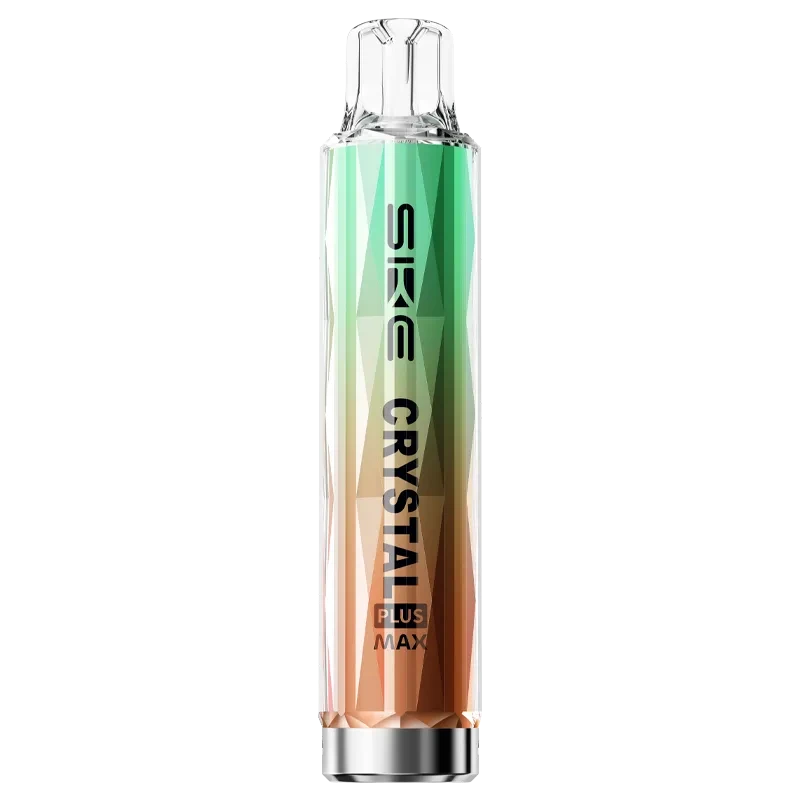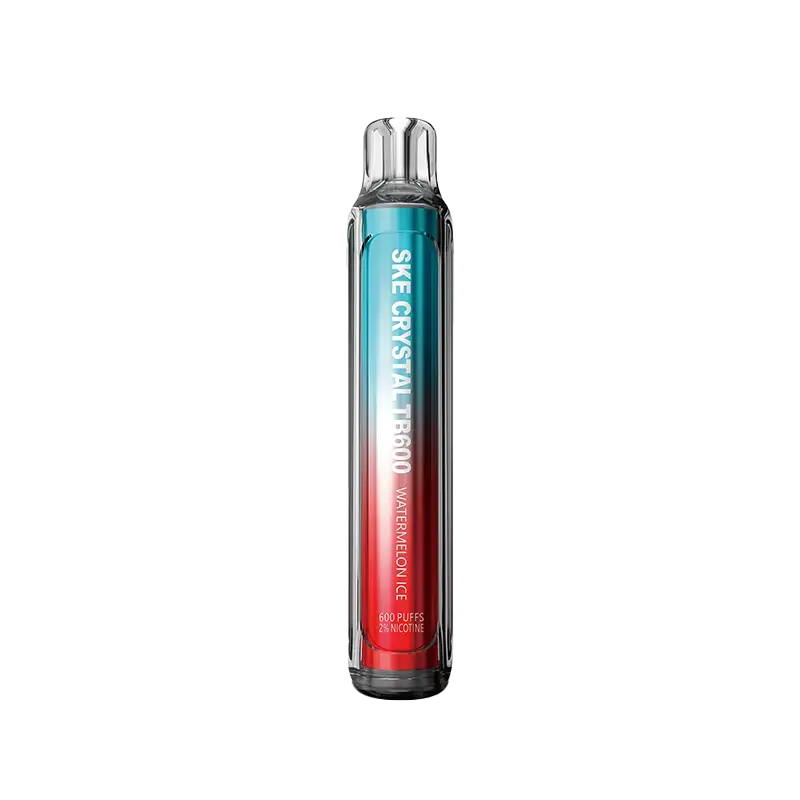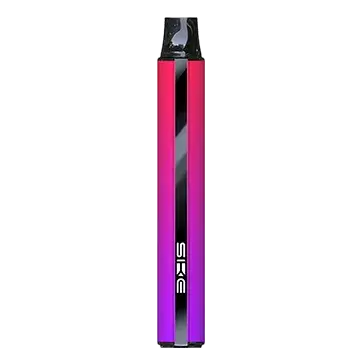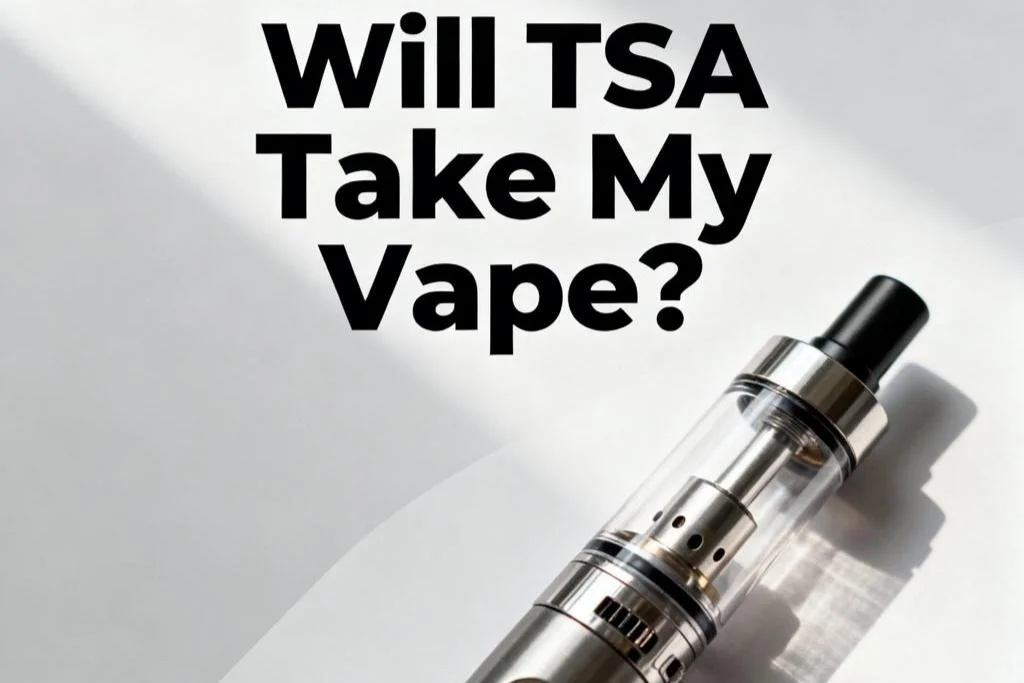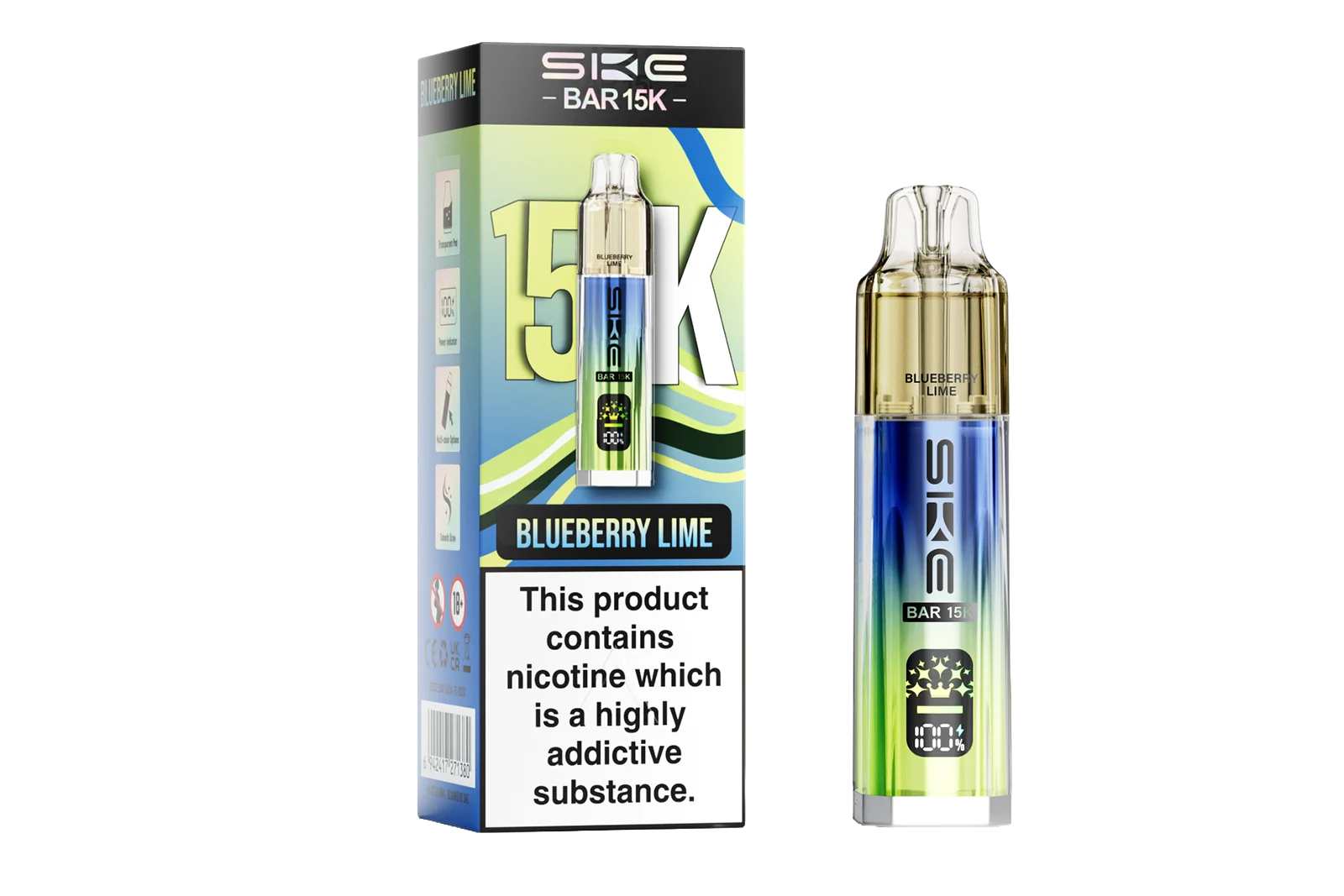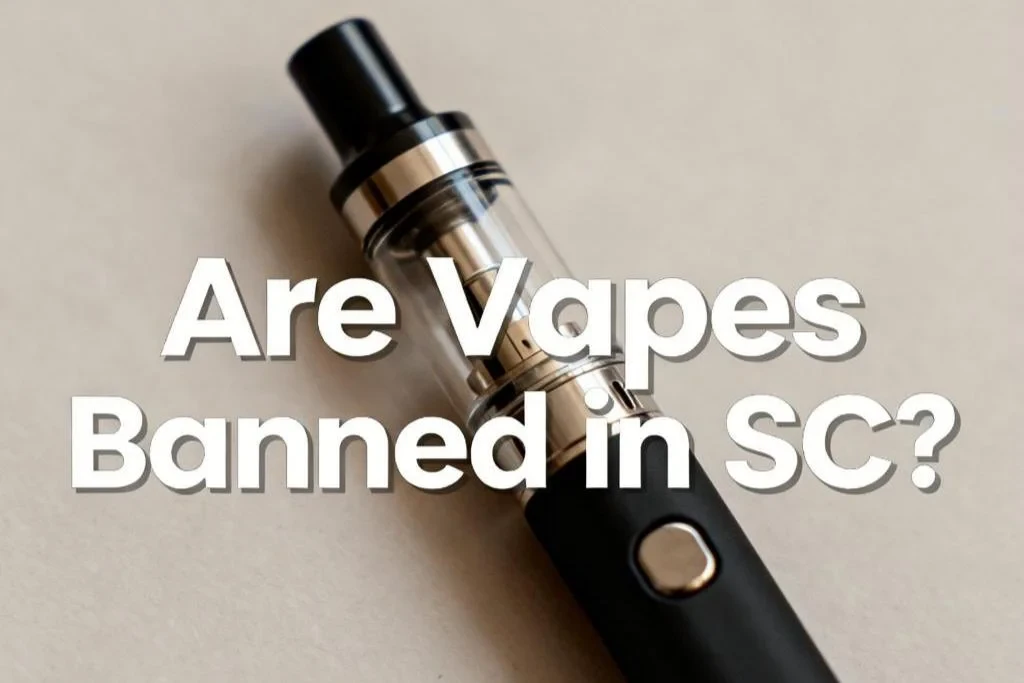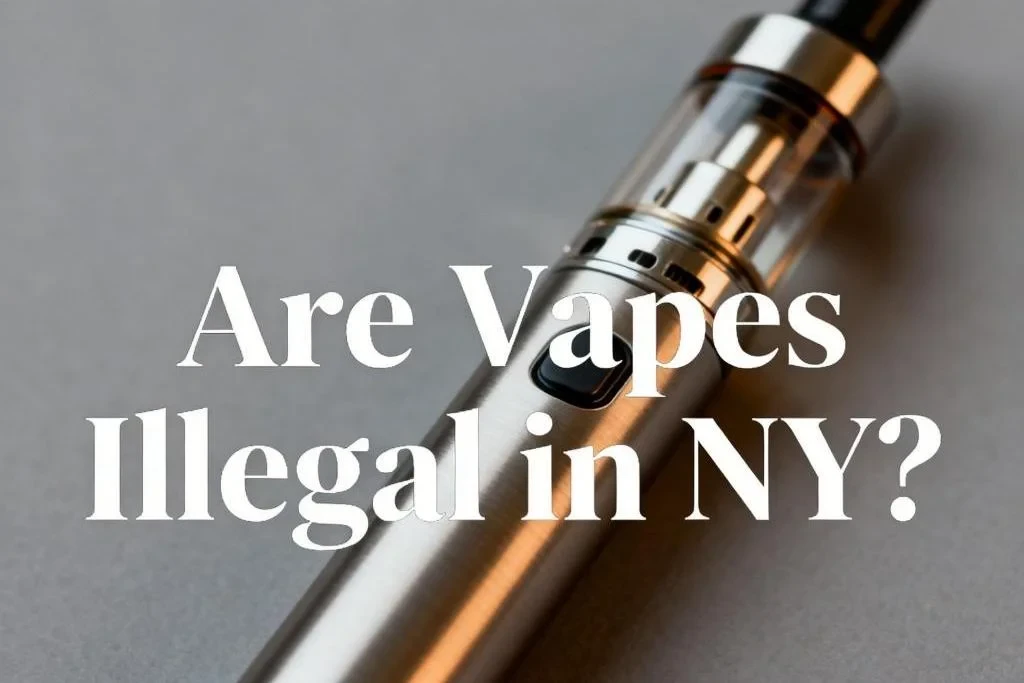CAN VAPING CAUSE PNEUMONIA?
As vaping continues to grow in popularity, health concerns surrounding its safety have also become more prominent. Among the most pressing questions is: can vaping cause pneumonia? This guide explores the link between vaping and pneumonia, drawing on current research, medical insights, and real-world case studies to provide a clear and authoritative answer for users concerned about respiratory health.
What Is Pneumonia?
Pneumonia is a serious lung infection that inflames the air sacs (alveoli) in one or both lungs. These sacs may fill with fluid or pus, causing symptoms such as:
- Cough with phlegm or pus
- Fever and chills
- Difficulty breathing
- Chest pain
Pneumonia can be caused by bacteria, viruses, or fungi—but emerging data suggests inhaled substances like e-cigarette aerosols could also be a contributing factor.
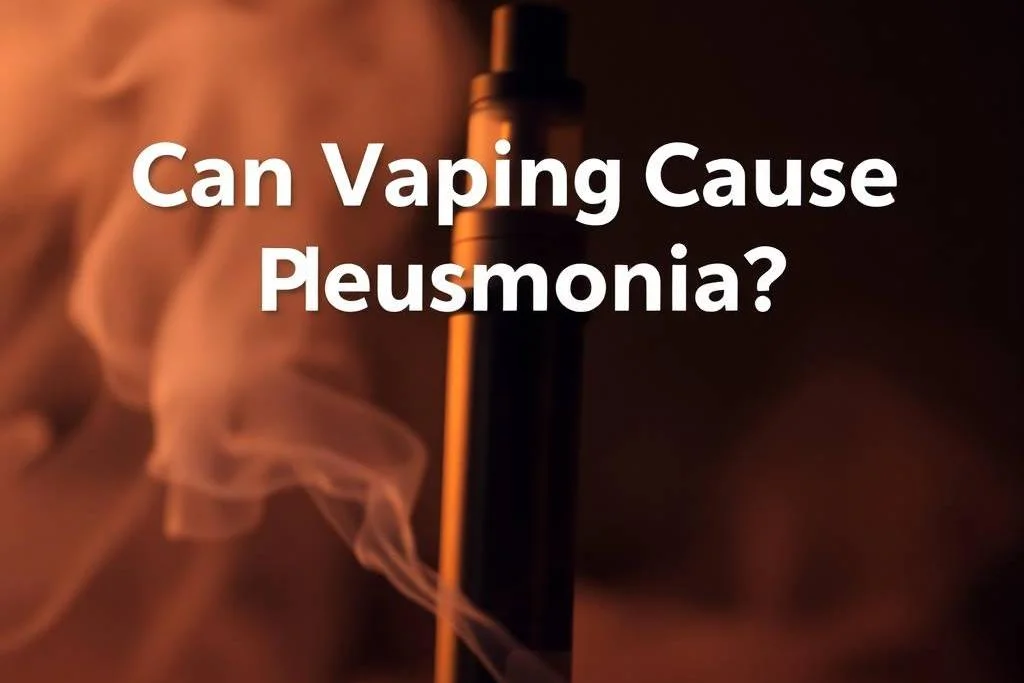
Can Vaping Cause Pneumonia?
While traditional pneumonia is typically caused by infectious agents, vaping has been linked to a condition that mimics pneumonia symptoms, often referred to as vaping-related lung injury, or EVALI (E-cigarette or Vaping Product Use-Associated Lung Injury).
1. Lipoid Pneumonia
One form of pneumonia associated with vaping is lipoid pneumonia. This occurs when oily substances—such as vitamin E acetate or lipid-containing vape liquids—are inhaled and deposited into the lungs. The body reacts with inflammation, similar to what’s seen in infectious pneumonia.
- Symptoms: Chronic cough, shortness of breath, fatigue
- Findings: Detected in vapers using THC-containing or unregulated vape products
2. Chemical Pneumonitis
Vape aerosols contain chemicals like propylene glycol, vegetable glycerin, flavorings, and sometimes contaminants. Inhaling these substances can irritate lung tissue and lead to chemical pneumonitis—an inflammation resembling pneumonia.
- Risk factors: High wattage vaping, poor-quality devices, black-market products
- Symptoms: Coughing, wheezing, chest tightness
3. EVALI and Pneumonia Overlap
Cases of EVALI reported to the CDC have shown symptoms indistinguishable from pneumonia, including hypoxia, fever, and chest infiltrates on X-rays. Some patients have been misdiagnosed with bacterial pneumonia before the link to vaping was identified.
Who Is at Risk?
- Young adults and teens: Especially those using flavored or unregulated disposable vapes
- People with weakened immune systems: More susceptible to infections and chemical damage
- Dual users: Those who smoke cigarettes and vape face compounded risks
What Does the Research Say?
- CDC & FDA: Identified vitamin E acetate in lung fluid of many EVALI patients
- Journal of Clinical Investigation (2020): Animal studies showed that vape aerosols disrupt lung immune defense mechanisms, potentially increasing pneumonia risk
- BMJ Reports: Documented lipoid pneumonia in individuals who had no infection but had a history of vaping oil-based substances
Symptoms to Watch For
If you vape and experience the following symptoms, you should seek medical evaluation:
- Persistent cough that doesn’t resolve
- Difficulty breathing or shortness of breath
- Chest pain or discomfort
- Fever or chills not linked to flu or COVID-19
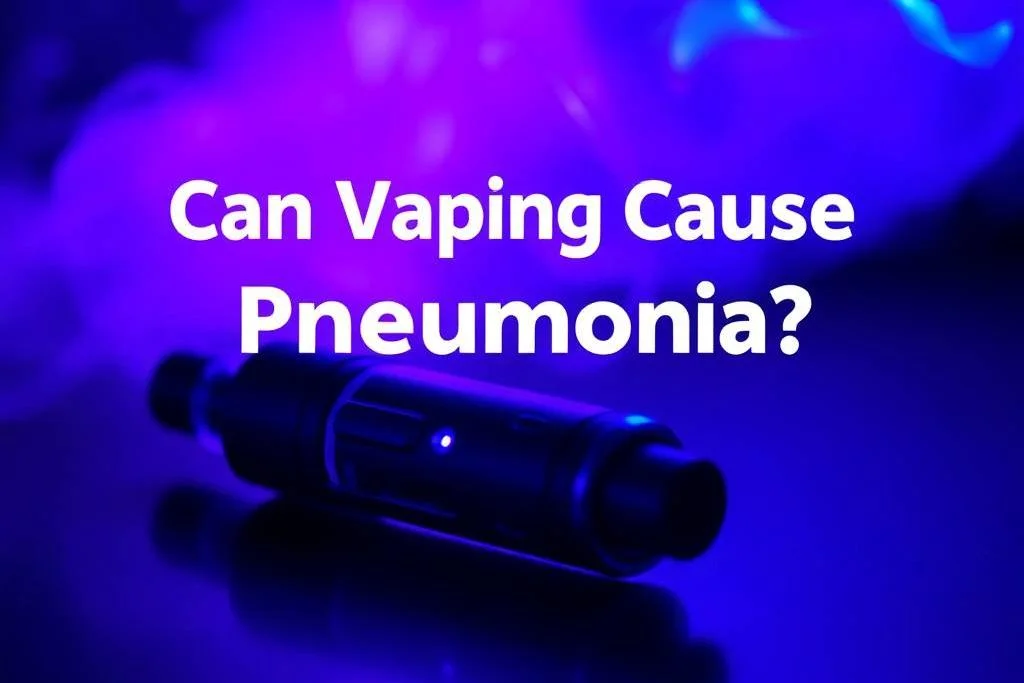
Can Pneumonia from Vaping Be Treated?
Yes—but early detection is key. Treatment may include:
- Corticosteroids for inflammation
- Antibiotics if bacterial infection is present
- Hospitalization in severe cases
- Cessation of vaping, which is critical to prevent recurrence
How to Reduce Your Risk
- Avoid unregulated or black-market vape products
- Do not use vape liquids containing oils, vitamin E acetate, or THC from unknown sources
- Use devices from reputable manufacturers
- Monitor for respiratory symptoms and seek medical advice when needed
Conclusion
Can vaping cause pneumonia? The answer is yes—vaping can trigger lung injuries and inflammatory responses that resemble pneumonia, even if it doesn’t involve a typical infection. As more research emerges, it’s becoming clear that vaping is not without respiratory risks, particularly when using unregulated products or inhaling harmful chemicals.
For vapers concerned about lung health, switching to safer alternatives or quitting altogether may be the best way to protect your respiratory system.

